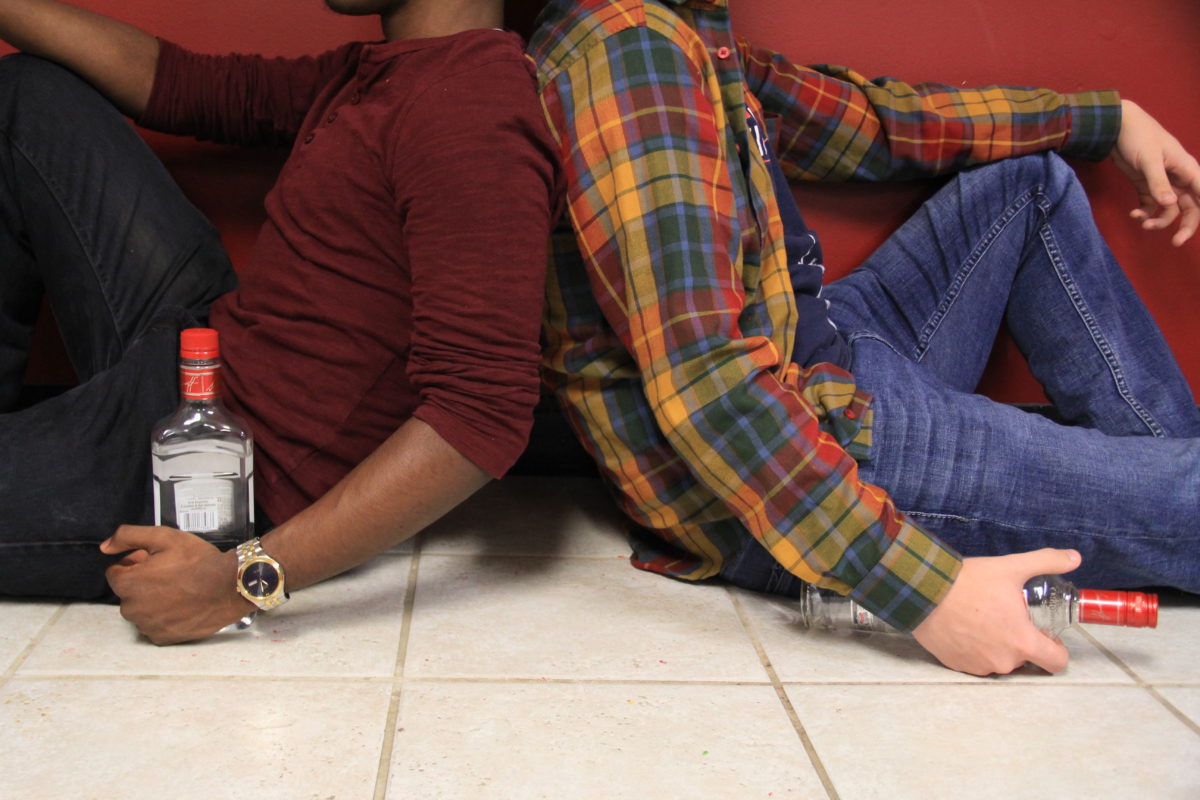A St. Thomas University social action group has proposed that STU and the University of New Brunswick have an alcohol and drug recovery house for those looking to overcome addictions.

Terri-Lee Kitchen is working on the project as part of her social work degree at St. Thomas. She said the culture of university is closely tied to alcohol, and post-secondary education is often a struggle for those who’ve had previous addiction issues.
“If people have somebody for support, there’s a better chance for recovery,” said Kitchen.
The latest Canadian Campus Survey found 36 per cent of university students living on campus struggle with dependence on alcohol or drugs. A recovery house would give these students the professional support they need from counselors and mental health workers, as well as peer support from those going through something similar.
The idea is in its preliminary stages. St. Thomas has not yet approved the social action group’s proposal, but administration has given them a positive response.
The hope is to have a house near campus for students in need. It will have a don who has been in recovery so students have a role model to turn to. There would also be meetings and groups with activities that don’t involve alcohol as well as meetings with counselors and mental health services on a regular basis. A connection between the university and addiction services is important, said Kitchen.
“The executives of the universities need to pay attention to what the students need and not just see [the school] as a business.”
If the proposal is accepted, the safe house would be the first of its kind in Canada.
Kitchen said it makes even more sense to have it at STU because the school already owns houses off-campus. This means that the only real expense in this project is hiring a don. She has no idea why there hasn’t been a recovery house before, calling it a “no-brainer.”
“I think it’s the responsibility of the university to keep students safe. I’m amazed that there have not been any in the country. This speaks to the fact that there’s a lot of people who don’t understand addictions.”
She said there’s still a lot of stigma surrounding those who have alcohol or drug problems, and Fredericton has a high rate of these problems. She said the social action group’s goal is to help these people and make them realize that they can be successful, have freedom and better themselves.
“We want to give everyone the same chance,” said Kitchen. “Being in recovery is not a negative thing.”
